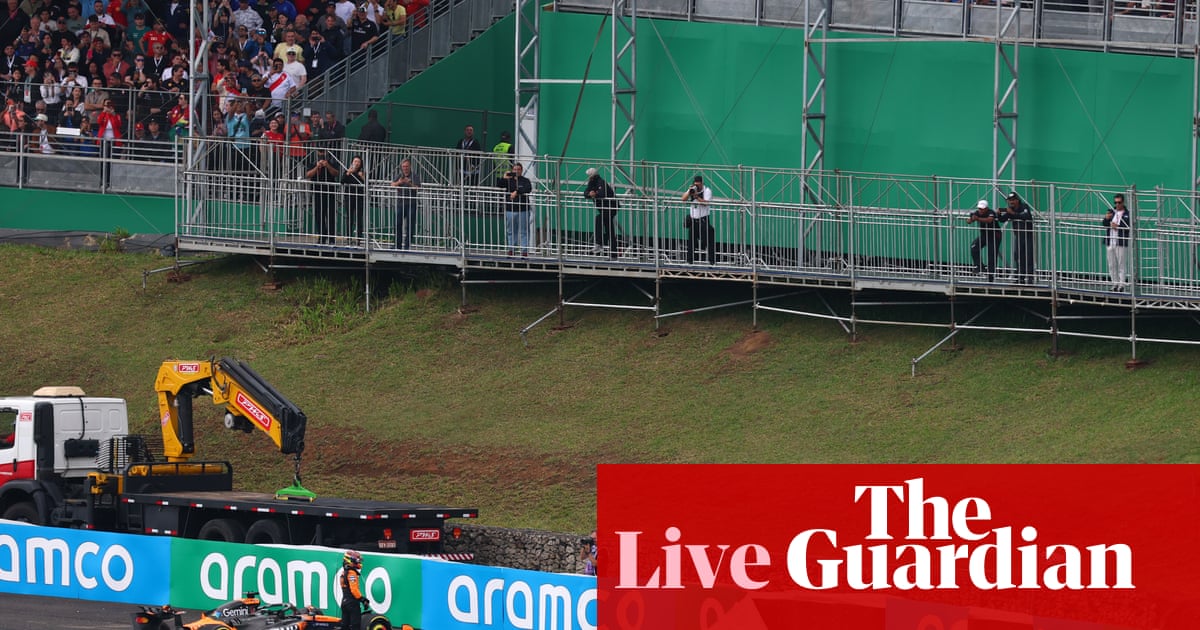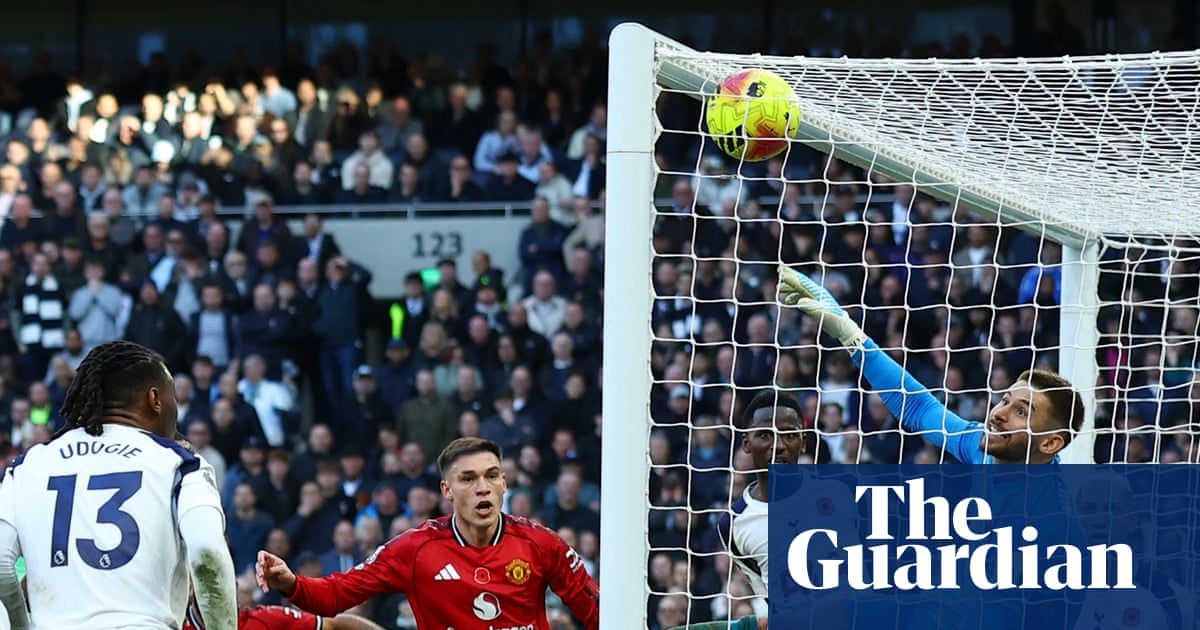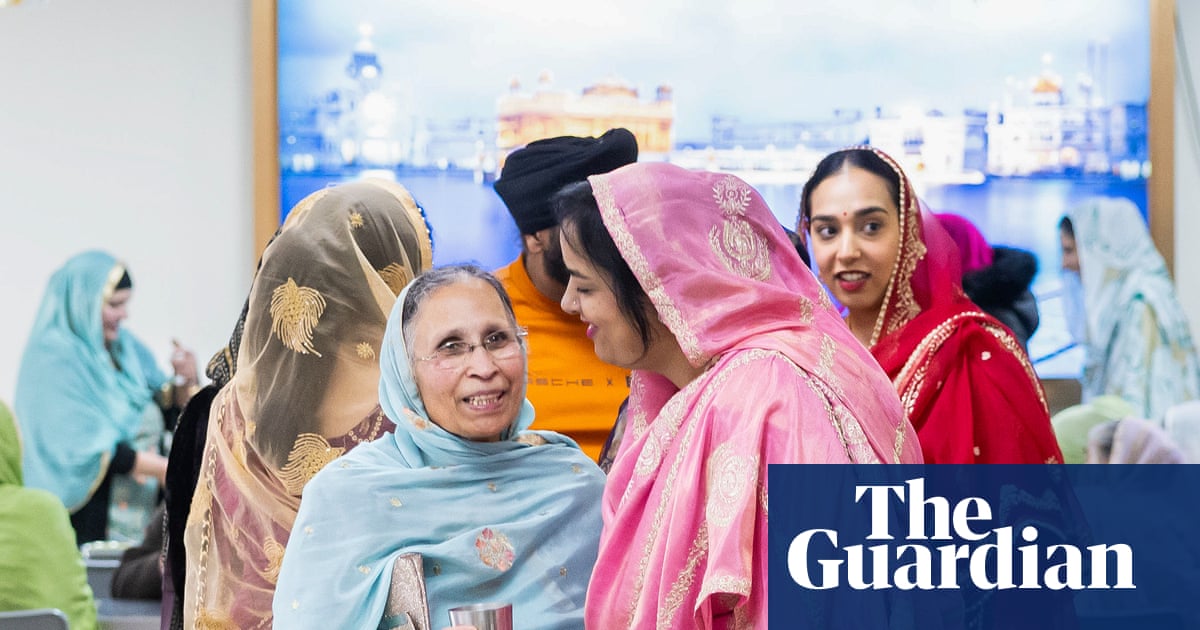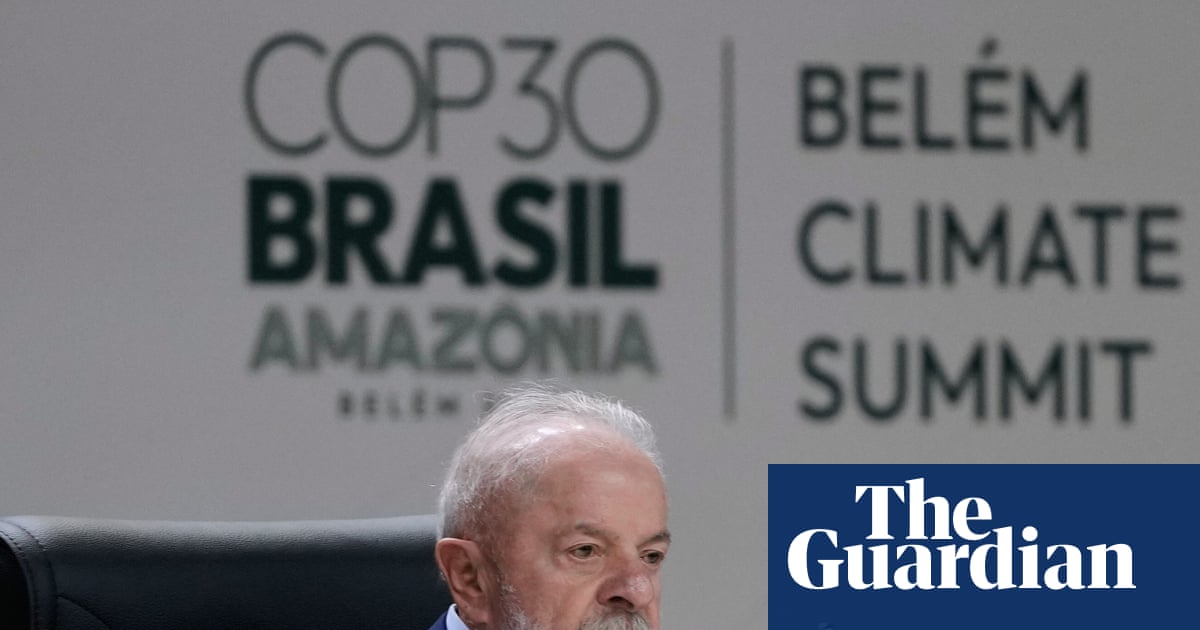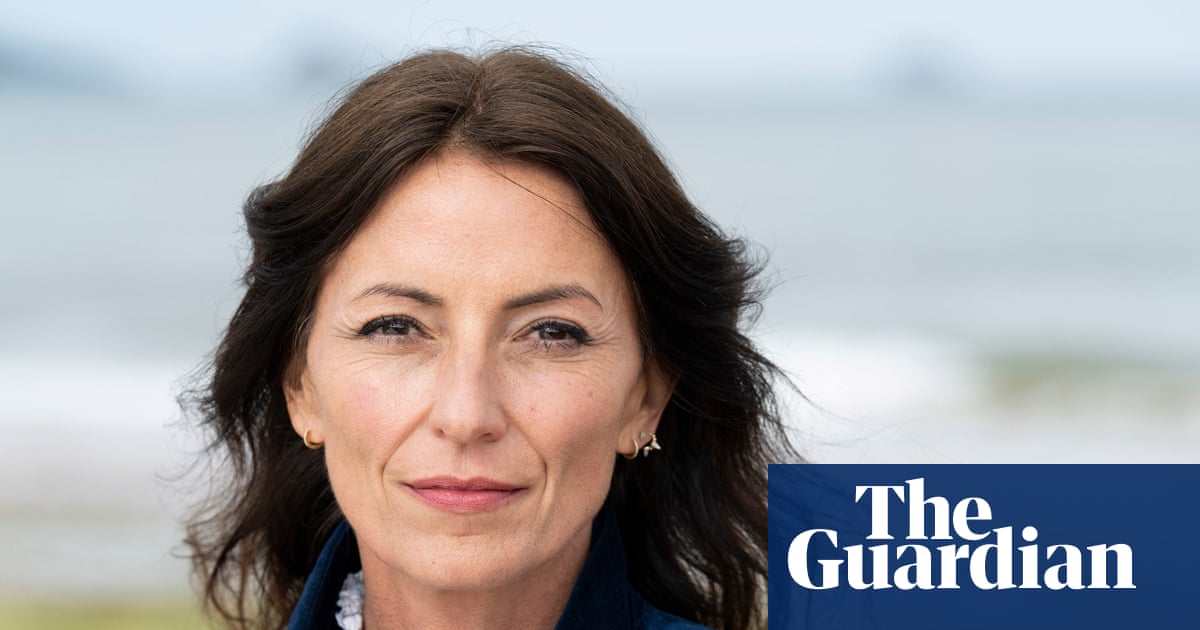“It really makes me emotional, it’s just something we didn’t have in my time,” says Nadine Kessler as she surveys the popularity and sheer scale of a sport whose future she now helps shape. Uefa’s director of women’s football was a brilliant player before retiring nine years ago after 11 surgeries on a knee; she was world footballer of the year in 2014 and, having won the European Championship with Germany a year previously, knows what it takes to dominate a continent.
Staging an entire tournament is a different matter, although one she has become accustomed to since joining the governing body in 2017. “I need to throw my to-do list out of the window,” she says before sitting down at Uefa’s designated hotel in Basel to survey the reverberations of a record-breaking Euro 2025 before the final. “It’s like my craziest match-day,” she says. “But it’s incredible.”
As Euro 2025 concludes, how would you assess its success?
You can see the emotions everywhere you look, the tournament has reached people and they are happy. We have taken the next step with this Euros in a country where people perhaps didn’t really think that was possible, so it’s fantastic and I’m very proud.
There had been concerns in some quarters about Switzerland’s size, and particularly those of its stadia. People wondered whether it was an ambitious enough choice for women’s football. Have those been allayed?
We’ve proved with facts that you can take things up a level and be successful in a country that wasn’t already in love with women’s football. It’s a great sign for the sport’s growth that Switzerland delivered so well. The hosts’ matches, opening game and final are easy to sell out but it’s traditionally not been so simple to fill all the group-stage games. We’ve never had so many travelling fans at a women’s Euros, there have been 233,000 from 160 countries. The figure in England three years ago was less than half that. Our average attendance will be 21,000; at Euro 2022 it was 18,500. So you can see the genuine interest coming from all over the world. When Switzerland’s bid won I immediately thought it could be a big tournament.
The games have largely been closer, with only four winning margins of more than three goals. Are we seeing competitive balance tighten up across the continent?
I do think the gap is closing. And look at how Wales and Poland played in their first appearances: they had a go and went for it. The performances have been very different to Euro 2022, much more offensive, with more high pressing and better technical distribution. We changed a lot about the qualification system, with the Nations League and a really open set of playoffs that allocated seven slots, and that has helped. The average winning margin is now down to two, when it was almost double before. Blowout matches when a team scores more than six have drastically decreased so we can see it’s working well.
With that in mind, would you rule out following current trends and expanding the tournament again in future?
In the future, never. But we haven’t planned to expand anything for the next edition in 2029. We are super happy with the 16-team format, it’s well received and we plan to stick with it. But we need to constantly look at our competitions and see what the right way forward is. We have more and more teams that can reach this stage, and can use the qualifiers to see how many are actually at the level. Right now 2029 is a 16-team Euros.
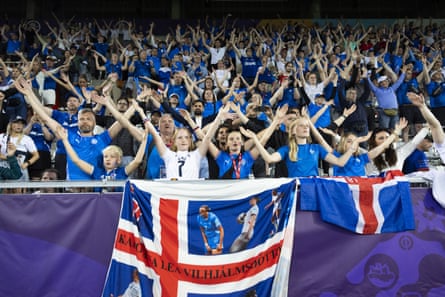
Are you tempted to increase squad sizes to from 23 to 26 in 2029, in line with the men’s tournament?
That’s a controversial topic and not every nation supports it. Maybe it offers advantages to those that have more talent and depth at the moment. We had discussions with the countries before this tournament but there was no consensus. We’re open if the federations say unanimously that it’s an idea to follow.
The Uefa president, Aleksander Ceferin, has attracted criticism for attending only the opening game and tomorrow’s final, even taking a short holiday during the Euros. How do you respond to that?
I don’t consider it fair to judge his commitment to women’s football on which match he does or doesn’t attend. People should judge what we’ve done during his time in the job. By the time we reach the end of our strategic cycle, Uefa will have committed €1.5bn to women’s football. You’ve seen the level of the Euros, you’ve seen how we have changed our club competitions, we spend millions to develop the game and that’s what people should judge in the end. I’m in constant contact with the president. He called me yesterday to say how proud he is and he’s been constantly involved. I don’t think the fact he sometimes prefers not to be in the limelight is a reflection of his commitment.
Does he give you feedback in calls such as that one?
Of course. We analyse the matches and he is there in the background. He’s super happy and we look forward to having him at the final.
It’s been well publicised that Euro 2025 will make a financial loss. How sustainable is that in the long run?
People should use the word “investment” because we made a conscious one. For numbers, revenues and operation costs, this Euros has improved massively on 2022. We could have broken even or made a profit but decided to increase the prize money by 156% so federations, players and clubs all benefit. The return will come later and that’s an important message: we need to tell people every penny is worth investing, so believe in this sport and the rewards will come later. I’m certain this is a viable business and am very committed to proving that soon.
Will breaking even be a target at Euro 2029?
One of many, absolutely. It must be a clear goal to make exactly that point. We need to set out that it’s a sport, and also a business, worth investing in.
after newsletter promotion
Away from the Euros, the new Women’s Europa Cup will start in September. What will be the criteria for its success?
The Europa Cup was demanded through good conversations with the whole European club community. It was felt we need a second competition to build a broader pyramid for European club football, giving teams more experiences and opportunities. It comes at the right time. We need to make sure that the head doesn’t leave the body, but we’ve made some important tweaks to the access list of the Champions League and have a whole new commercial concept. It’s fantastic that we will kick this off and hopefully capitalise on the hype created by the Euros.
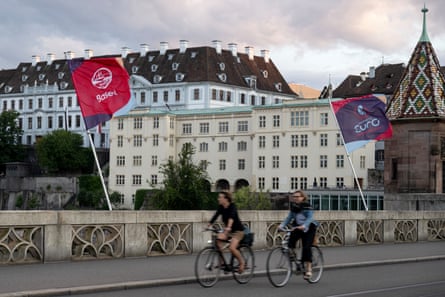
The new Women’s Club World Cup in 2028 may be rather more controversial …
We’ve had very intensive discussions in the last few years with Fifa, and we know club football needs to be developed everywhere. We already have enough high-level matches in Europe and there’s a sport to be developed all over the world. European clubs were very eager to go ahead with the tournament and so were the players, so in the end Uefa supported the idea. It will be as early as possible in the year: we’re having intensive calendar discussions with Fifa to make sure domestic leagues and other competitions aren’t impacted.
Did you feel any threat when a lavishly funded seven-a-side tournament, the World Sevens, pitched up in Portugal on the week of the Women’s Champions League final?
Do you think a seven-a-side tournament is a threat to the Champions League final or women’s Euros? We are open to anyone who wants to invest in women’s football. Seven-a-side is maybe a great way to get people into the game or keep veterans in it. Do I think it can compete with the very elite competitions, which have such history and intangible value to clubs and players? No.
Finishing with today’s final, Spain have set the bar for everyone and may show that again when they face England. Can anyone else compete with them?
I agree they’ve raised the level of football, it’s a generational team and 90% of these players play together for one club [Barcelona]. It’s unique, and it’s fantastic for our sport. But don’t forget England could have won the World Cup final too so let’s see what happens. Spain are incredible footballers and demonstrate that repeatedly, but you can’t say they are so far ahead that the rest don’t know how to compete with them.

 3 months ago
90
3 months ago
90







